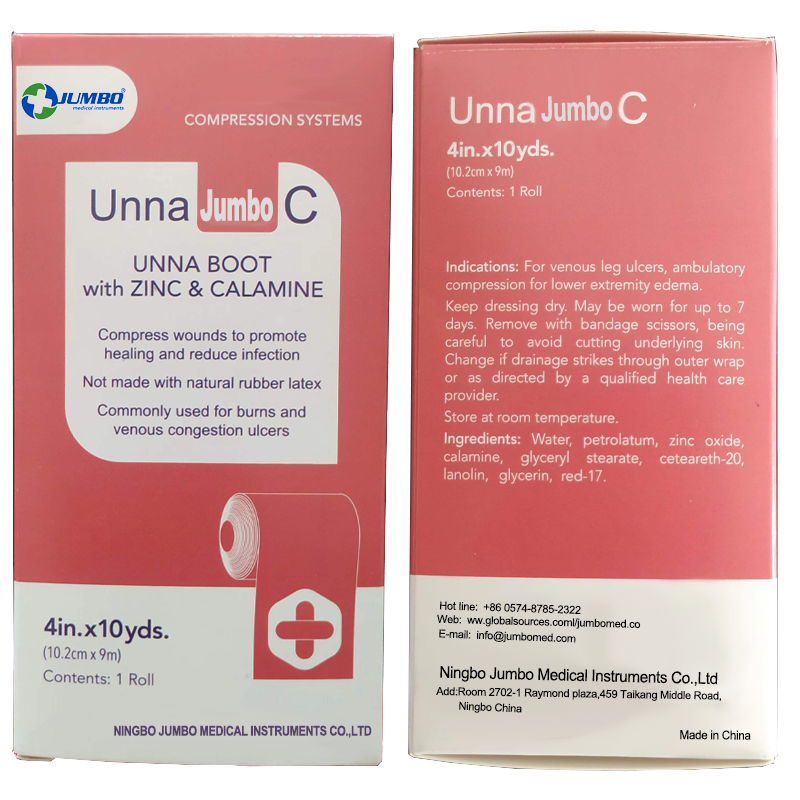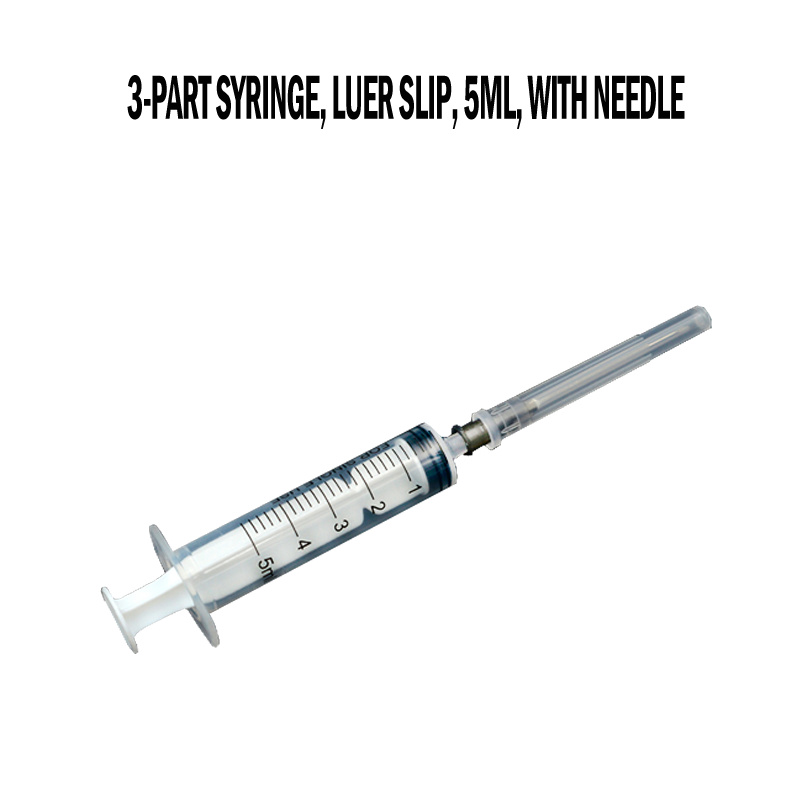Since 1985, federal blood donor restrictions have barred many men who have sex with men from participating
On Friday, the Food and Drug Administration (FDA) proposed easing restrictions on blood donations from men who have sex with men. Nitrile Gloves

Current rules prohibit any man who has had sex with at least one other man in the previous three months from donating blood, per the Washington Post’s Laurie McGinley, Teddy Amenabar and Fenit Nirappil.
The proposed guidance would not be gender-specific and would allow some men who have sex with men to donate based on risk assessment questions. People who have had only one sexual partner in the past three months would be allowed to donate blood. If someone has had a new sexual partner or more than one sexual partner—and had anal sex—in the past three months, they would need to wait another three months before donating.
The change might take effect later this year, following a public comment period. LGBTQ advocates have called the current and former policies unscientific and discriminatory for years, write the New York Times’ Christina Jewett and Emily Anthes.
“These changes are 40-plus years in the making, and they’re a tremendous leap forward in elevating science over stigma,” Tony Morrison, a spokesperson for the LGBTQ advocacy group GLAAD, tells NPR’s Rob Stein and Will Stone.
“This is an incredibly important change at a time when we are seeing historic lows in the percentage of Americans that donate blood each year,” Kate Fry, chief executive of America’s Blood Centers, says to the Times.
At the onset of the AIDS epidemic, scientists discovered that people could be infected with the HIV virus, which causes AIDS, via a blood transfusion. In 1985, the FDA indefinitely banned any man who had had sex with another man since 1977 from donating blood.
In 2015, the agency loosened the restriction to only apply to men who had had sex with other men in the previous 12 months. The current, three-month rule was set in 2020 to combat the falling number of blood donations at the onset of the Covid-19 pandemic.
“Current and former blood donation policies made unfounded assumptions about gay and bisexual men and really entangled individuals’ identity with their likelihood of having HIV,” Sarah Warbelow, legal director for the Human Rights Campaign, an advocacy group, tells Matthew Perone of the Associated Press (AP).
“Nobody has been infected [with HIV] through blood transfusion for more than 20 years,” Stefan Baral, a physician epidemiologist at Johns Hopkins University, tells the Post. “The U.S. has a safe blood supply and the major issue with all of it is that there’s not enough of it.”
During the Covid-19 pandemic, blood donations have been dropping off nationwide. Ideally, blood centers across the country would have a three- to five-day supply for transfusions, writes Claire Bugos for Verywell Health. But lately, many do not have enough to last two days. As of Tuesday, one-fifth of community blood centers had a one-day supply or less. Experts say expanding the eligible donor pool could greatly increase the country’s blood supply.
The FDA said its proposal is based on a review of available information and is in line with similar policies in the U.K. and Canada. All blood donations will still be tested for some transfusion-transmitted infections, including HIV, hepatitis B and hepatitis C. People who have ever tested positive for HIV or have taken medication for an HIV infection will continue to be disallowed from donating.
The guidelines also restrict donations from people taking medications to prevent HIV infection such as pre-exposure prophylaxis (PrEP) and post-exposure prophylaxis (PEP). People would not be allowed to donate for three months after taking one of these oral medications or for two years after taking injected PrEP. The FDA said the medications can delay detection of HIV in tests of blood donations.
LGBTQ groups said the FDA’s rules should not exclude people using PrEP medications, writes the AP.
“We must be conscious to not further stigmatize these safe sex practices and uplift individuals taking precautions,” Jose Abrigo, HIV project director for Lambda Legal, which has advocated against the FDA’s existing policy, tells the publication.
“This is a really critical step in the right direction,” Warbelow says to the Times. “We do want to see some additional changes to the policy as it’s been released.”
The proposal will be open for public comment for 60 days before the FDA finalizes it. Blood banks will then need several months to make the changes required by the new guidelines, Cliff Numark, an executive with the blood center Vitalant, tells the AP. But if the proposed regulation is approved, newly eligible blood donors might be able to give as soon as later this year, per NPR.
Will Sullivan is a science writer based in Washington, D.C. His work has appeared in Inside Science and NOVA Next.

Gloves Latex Powdered Disposable © 2023 Smithsonian Magazine Privacy Statement Cookie Policy Terms of Use Advertising Notice Manage My Data Cookie Settings